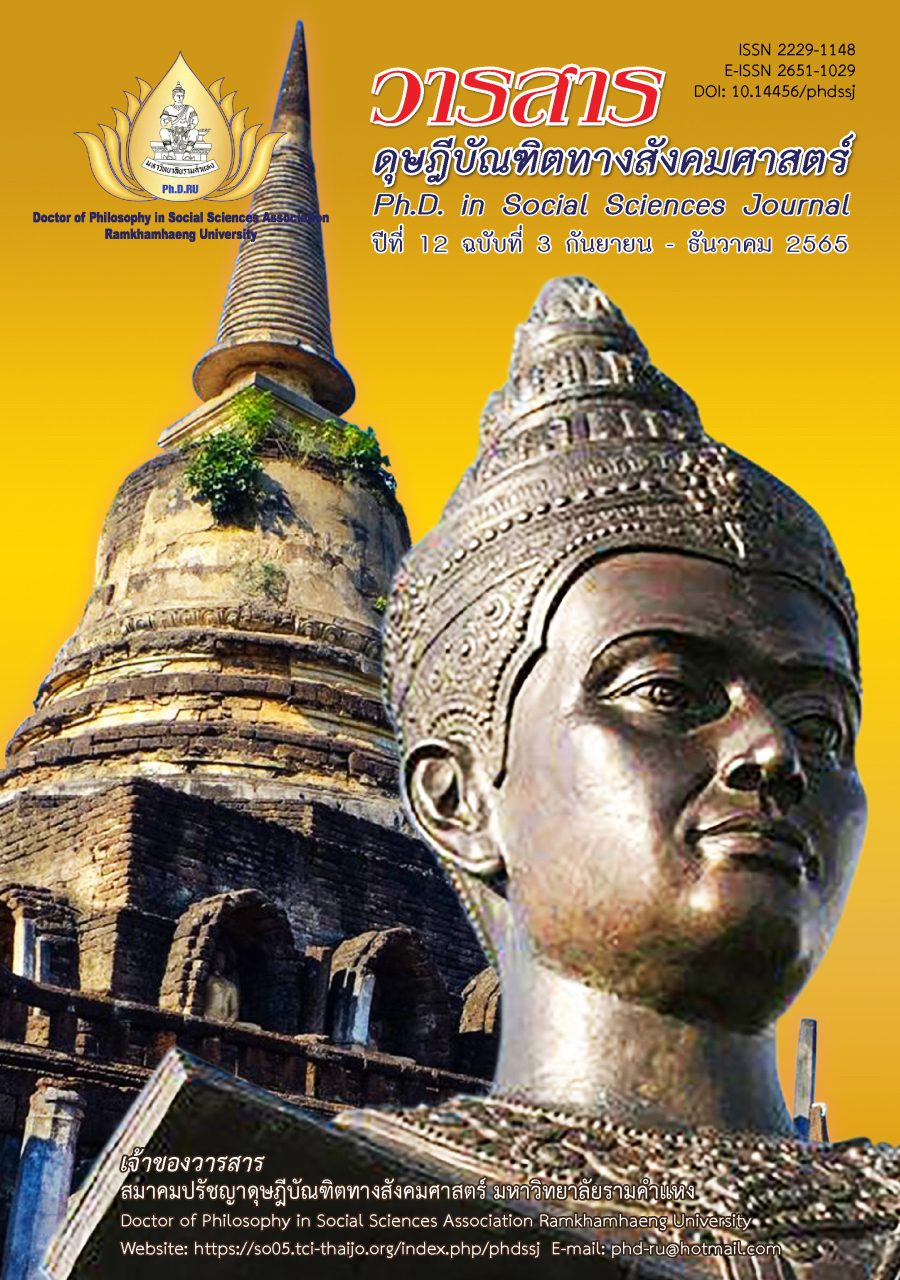Legal Measures in the Determination of Liabilities of Pet Owners
Main Article Content
Abstract
This research article aims (1) to study the legal problems and conditions in determining the liability of pet owners in Thai possession (2) to study and compare the liability laws of pet owners in Thai possession and foreign countries (3) for the draft of the liability of pet owners in Thai possession and (4) to assess the draft of the liability of pet owners in Thai possession. The researchers used the qualitative research methodology by using 3 methods of data collection, namely documentary research, in-depth interviews with 38 key informants. The technique of focus group discussion was conducted with 12 subjects. Data were analyzed using content analysis and comparative analysis.
The results of the research revealed that the liability of those who possess pets in Thailand has not yet defined the definition of “pet” and clearly categorized the types of pets. Including the liability of the owner or possessor according to the type of pet causing the damage. In the case of a pet causing a nuisance or the owner letting the pet become an ownerless animal, there are lighter penalties compared to other countries.Therefore, it must be required to register pets, issue central laws for the locality to be able to implement, clearly define the authority and duties of officials and local government organizations, as well as the introduction of additional administrative measures.
Article Details

This work is licensed under a Creative Commons Attribution-NonCommercial-NoDerivatives 4.0 International License.
Academic articles, research articles, and book reviews in the Ph.D. in Social Sciences Journal are author’s opinions, and not the publisher’s, and is not the responsibility of the Ph.D. in Social Sciences Journal Philosophy Association, Ramkhamhaeng University. (In the case that research is done on human, the researcher has to be trained in Ethics for Doing Research on Human Training and has to produce the evidence of the training).
References
Chantara-Opakorn, A. (1988). Infrastructure of law. In. A collection of articles on the occasion of the 60th anniversary of Dr. Preedee Kasemsup (pp. 95-108). Thammasat University, Faculty of Law. [In Thai]
Department of Livestock Development. (2019). Pet register. Retrieved from http://164.115.40.46/petregister [In Thai]
Lertdhamtewe, P. (2015). The constitution guarantees and protects fundamental rights in the environment. Office of the Constitutional Court. [In Thai]
Nuntatripob, N. (2018). Pet registration and social and environmental dimensions. Retrieved from https://dl.parliament.go.th/backoffice/viewer2300/web/viewer.php [In Thai]
Setthabutr, J. (2013). Principles of civil law on torts (8th ed.). Thammasat University, Faculty of Law, Project of Textbooks and Documents Used in Teaching. [In Thai]
Supanit, S. (2010). Explanation of the civil and commercial code on infringement (7th ed.). Niti Bannakan. [In Thai]
Wannasang, P. (1984). Liability for tort under the civil and commercial code. Thammasat Law Journal, 14(4), 78-91. [In Thai]


